The baby was born healthy.
On August 25, information from Gia Dinh People's Hospital, 3 years ago, Ms. TTLT (33 years old, living in Tay Ninh ) was hospitalized with poor appetite, prolonged urinary retention, abdominal pain and abdominal distension.
After examination and testing, she was diagnosed with Budd-Chiari syndrome, a rare disease with a rate of only about 1/100,000 - 1/2.5 million people.
In Budd-Chiari syndrome, the patient experiences a blockage of the hepatic veins due to more blood entering than leaving. The liver becomes swollen and painful, and the blockage causes fluid to leak from the liver into the abdomen, causing ascites, one of the most common symptoms of Budd-Chiari syndrome.
Doctors at Gia Dinh People's Hospital intervened by placing a venous stent and maintaining anticoagulant treatment, helping the patient's condition stabilize. After that, Ms. T. returned to normal life and got married.
A year later, Ms. T. became pregnant naturally and continued to be closely monitored at Gia Dinh People's Hospital. Anticoagulants were adjusted in each stage.
Dr. Ngo Minh Hung, Head of the Department of Obstetrics and Gynecology, Gia Dinh People's Hospital, said that in women with Budd-Chiari disease, pregnancy aggravates the condition, increasing the risk of death if not treated properly.
The rate of successful pregnancy and live birth is very low, only about 20% - 30% of women with chronic Budd-Chiari can give birth. Most of these patients must take anticoagulants during pregnancy. Pregnancy is also prone to complications such as miscarriage, stillbirth or intrauterine growth retardation.
At 38 weeks of pregnancy, realizing that the fetus was growing slowly and had reduced blood supply, the doctors quickly consulted and stopped the anticoagulants in time to perform a cesarean section. The surgery went smoothly and was safe for both mother and child.
Immediately after giving birth, Ms. T. was restarted on anticoagulants early to prevent thrombosis and stent occlusion.
According to Dr. Ngo Minh Hung, women with Budd-Chiari syndrome should only get pregnant when the disease is under stable control (after dilation, stent placement, and prophylactic anticoagulation), pregnancy is closely monitored, and the doctor's instructions are followed.
TRANSPORTATION
Source: https://www.sggp.org.vn/san-phu-vuot-can-thanh-cong-du-mac-benh-nguy-hiem-post810056.html



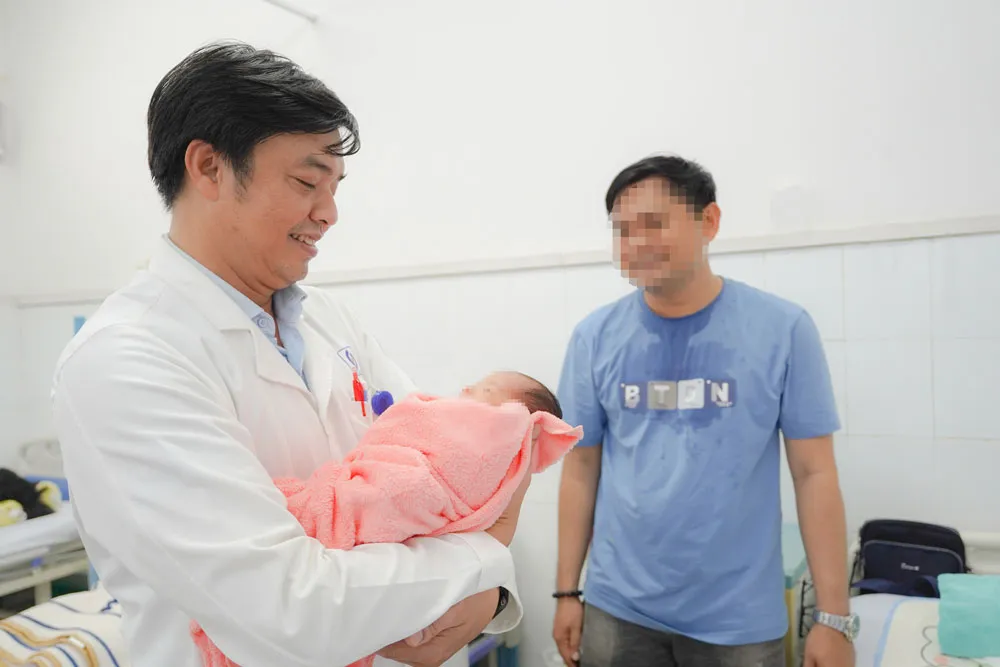
![[Photo] General Secretary To Lam attends the 80th anniversary of Vietnam's diplomacy](https://vphoto.vietnam.vn/thumb/1200x675/vietnam/resource/IMAGE/2025/8/25/3dc715efdbf74937b6fe8072bac5cb30)












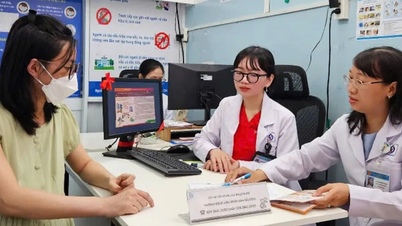


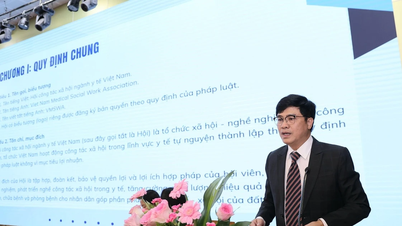



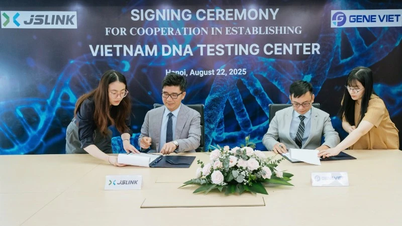
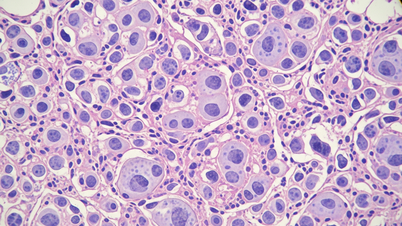








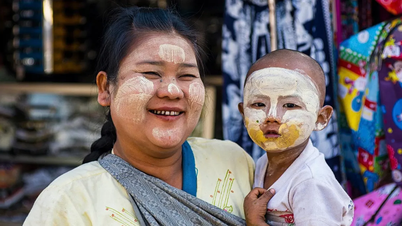

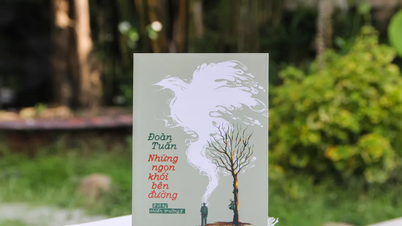





















































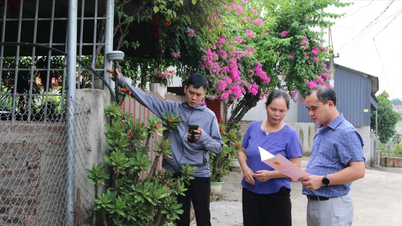


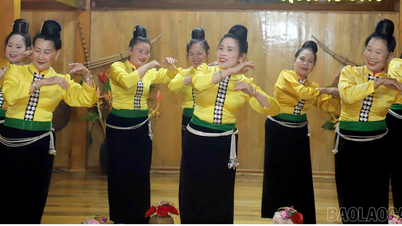
















Comment (0)